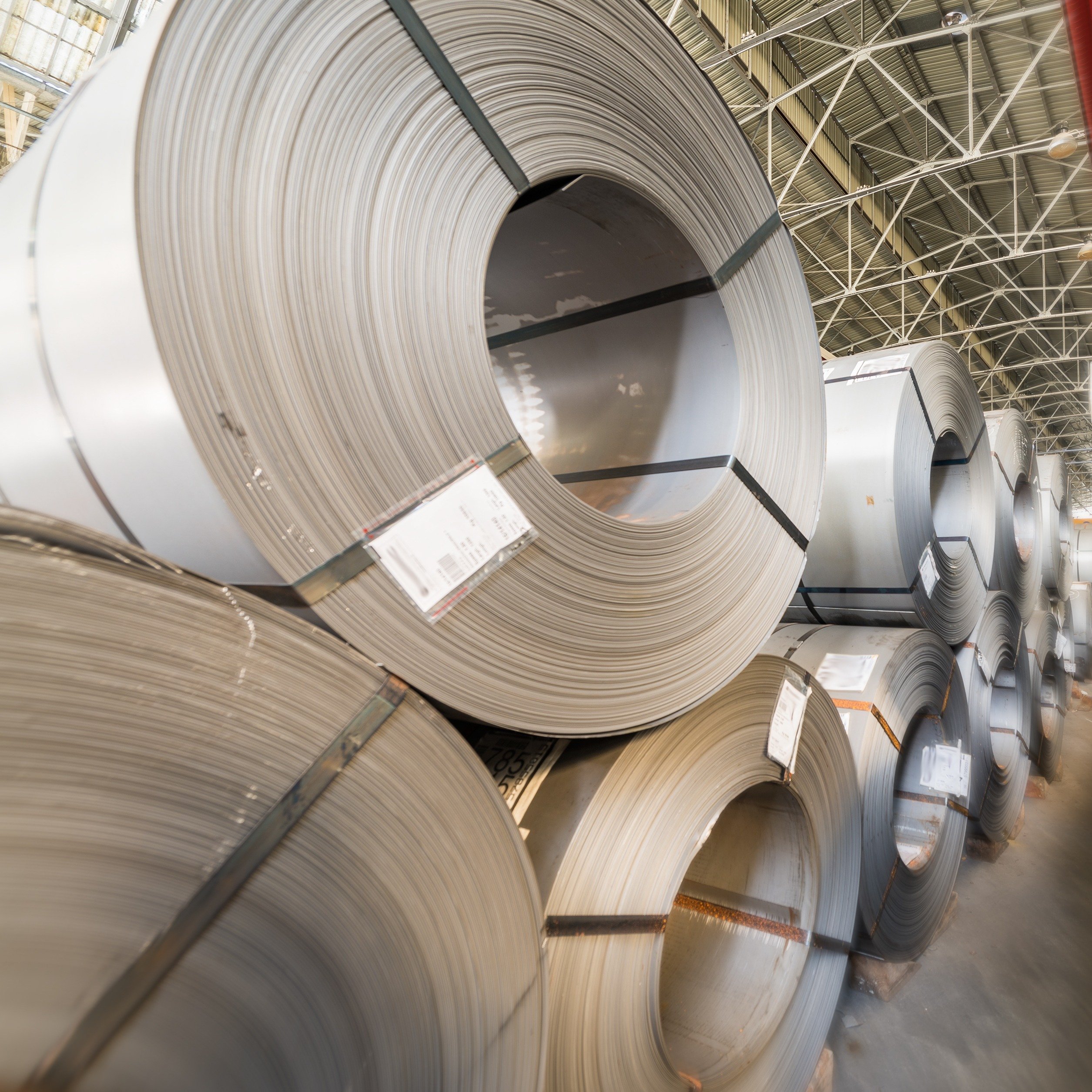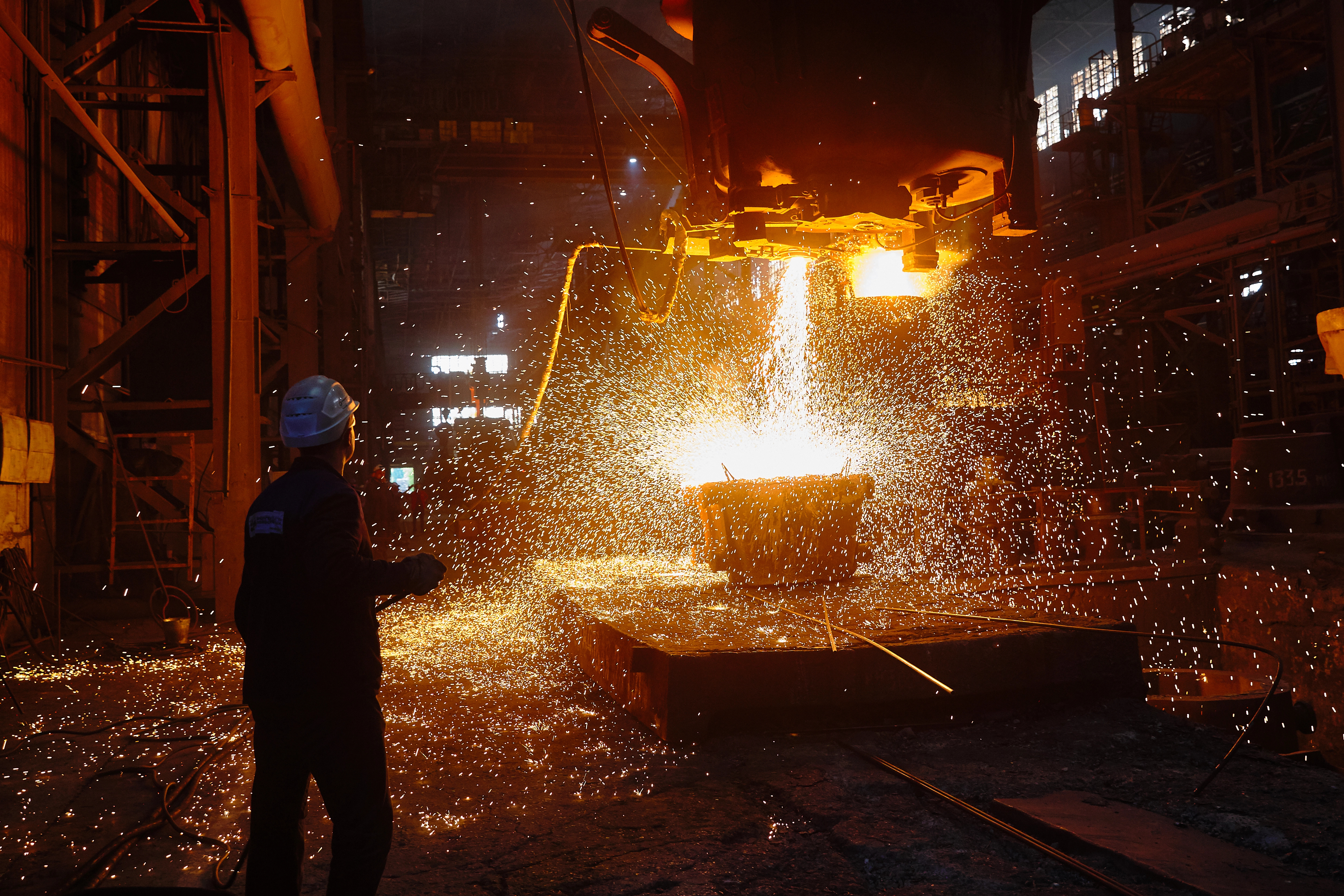The US Department of Commerce launched an antidumping investigation into 15 countries alleged to be dumping on US soil at margins ranging from 39–377%. Countervailing duties are also being sought on China, Indonesia, Mexico and Turkey. The probe followed an earlier notice from the Aluminium Extruders Council referring the case to the government. The main surprise for Europe was the inclusion of Italy.
US AD probe unlikely to lead to higher inflows to Europe
The announcement on 25 October by the US Department of Commerce of an investigation into antidumping by 15 countries caused surprise in some quarters. It followed a notice earlier in October by the Aluminium Extruders Council that they were filing a trade petition on behalf of a group called the “Aluminium Extruders Coalition” representing fourteen US extruders. None of the larger North American extruders were among them and initially there was a question over whether the group represented the necessary 20% minimum of domestic production to trigger a probe.
In Europe, attention initially fell on whether the potential tariffs could lead to increased extrusion flows to Europe. Turkish extrusions, in particular, were seen as candidates to make the switch. Nevertheless, despite the possibility that some Turkish sales could be redirected, we believe the scope for further pressure on European extrusions is limited on this front.
Turkey exports only about 15–20 ktpa to the US at present, and tonnages have dropped substantially in 2023, for example they were 31 ktpa in 2022. Meanwhile, Europe is importing 450–475 ktpa from numerous different origins. Therefore, even if all of the Turkish-US tonnages were to come to Europe, it would only represent a 3-4% gain in total imports and less than 0.6% of total European demand. Even more importantly, we believe the limiting factor on Turkish extrusions exports is not available supply, but rather Europe’s anaemic demand outlook, plus strong competition from domestic producers and other exporters. We therefore think it is more likely the blocked Turkish production would be cut rather than head to Europe.
Inclusion of Italy in the US probe raises eyebrows
More significant and immediate from a disruption point of view, however, is the inclusion of Italy. Fifteen countries were listed in the probe including China, Mexico, Vietnam, Colombia and Ecuador. Partially, Italy stuck out because the others are mostly emerging markets. Italian exports to the US are about 7–9 ktpa and worth about $50 m including the LME price, according to US trade data. Volumes have been increasing steadily for more than a decade.
Two product categories, in particular, are believed to comprise the majority of the Italian exports:
- Curtain wall: used for design reasons in commercial and high-end buildings including skyscrapers
- Certain hard alloy bars and profiles
In both cases, a key question is whether the US domestic manufacturers can produce an equivalent product to the necessary quality specifications for their consumers. Curtain wall for example is highly tailored and expensive; and the profiles’ thinness is a key consideration.
Preliminary determinations are expected by 20 November and final determinations by 12 March 2024. The Commerce Department has noted that these dates may be extended under certain circumstances, and we believe European extruders are contesting this vigorously. Nevertheless, the negative effect on the sales of several extruders to the US has already been noted, with clients fearing that any tariffs, if imposed, could be applied retroactively.
A further potential consequence is that German extrusions’ manufacturers may benefit at the expense of Italians. Germany is not included in the probe and can also produce extrusions to the required specifications, although more expensively. If imposed, the new tariffs could then result in a transfer of business from Italy to Germany, potentially raising the price for consumers while still not substantially benefitting American producers.

















